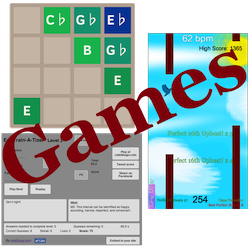If you’re a drummer playing in church on Sunday mornings, you’ve probably run into this problem. How to play drums for the traditional hymns? The answer is in the music. Listen, play the melody, and sneak in some improvisation whenever it seems appropriate. Here’s a good middle of the road example of how to play drums for Amazing Grace: Amazing Grace with Drums (please excuse the glitchy trigger on my electronic drum set. :))

Me and my acoustic set.
Obviously, you wouldn’t be able to get away with that at more conservative churches. And that’s fine because we’re here to serve, not to play a sick beat. You want as many people to like what you’re doing as possible. Aim for the middle. If your church likes the hymns to be very traditional but they still want some drums, this should give you an idea of what to do: Amazing Grace with Light Drums
On the other hand, maybe your church thinks that hymns are boring. They want to get rid of them as soon as possible. Color the hymn with a heavier style while making sure that the melody stays intact somewhere within the texture you’re making: Amazing Grace with Heavy Drums
Learning how to play drums for hymns can be challenging, but it’s very fun and rewarding in the end. Keep at it and ask for lots of feedback from every generation in your church. Most importantly, know what the words are and worship while you’re playing.

